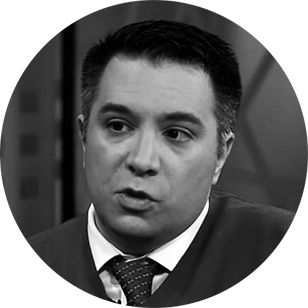How Trump's Syria strike could spiral into World War III
It does not take a Tom Clancy-like effort to imagine the unthinkable
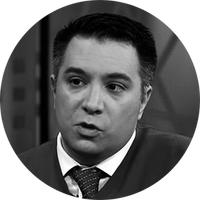
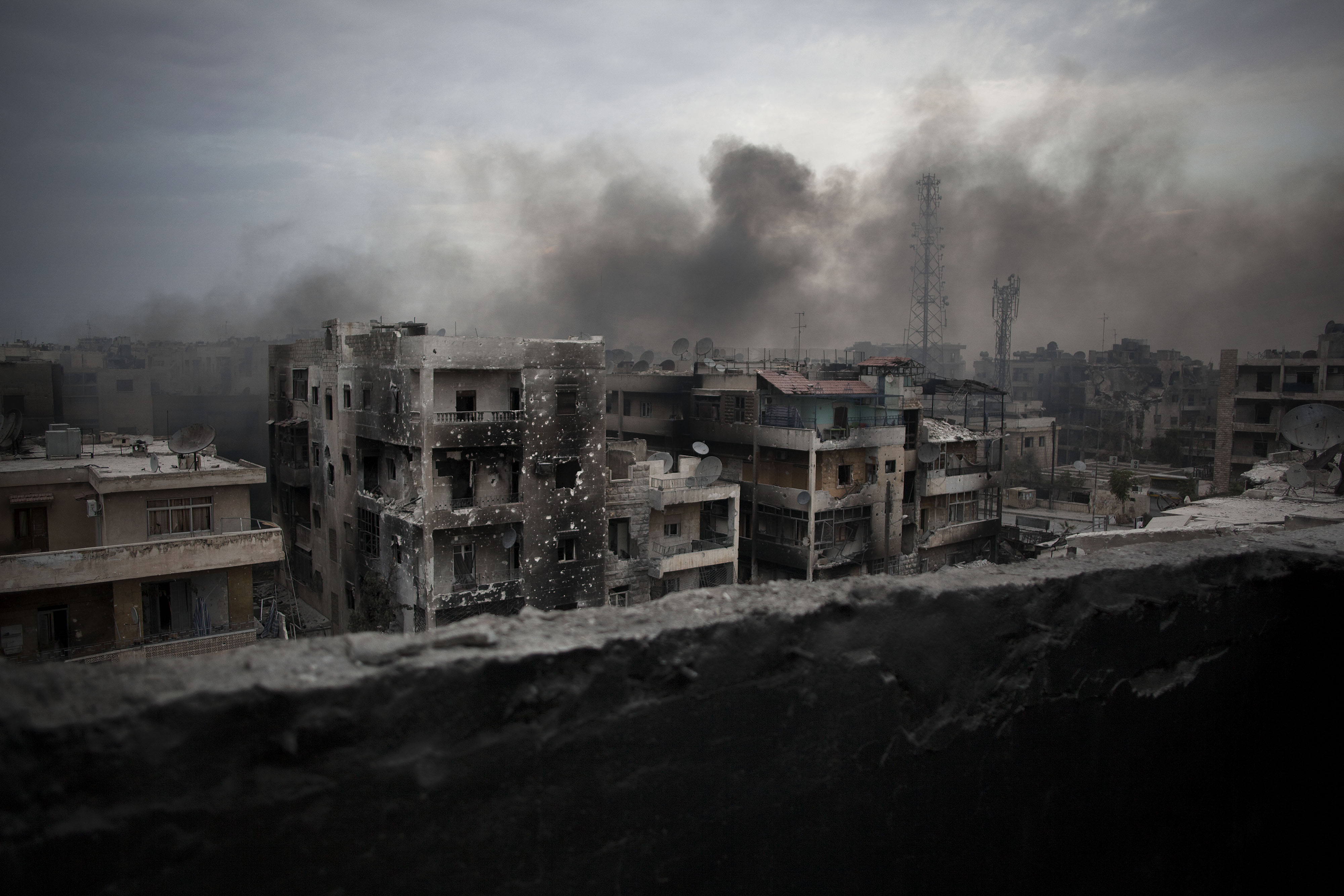
A free daily email with the biggest news stories of the day – and the best features from TheWeek.com
You are now subscribed
Your newsletter sign-up was successful
While I strongly disagree with President Trump's decision to launch a cruise missile strike in response to the chemical weapons attack that occurred in Syria last week, I can't say I disagree with him on a moral level.
The president was reportedly moved to action after seeing images of innocent women and children gasping for their last breaths, condemned to death out of the sheer randomness of where they lived — one more tragedy atop of countless others in a civil war that seems to have no end in sight.
Trump had the best of intentions — to punish the wicked responsible for this clear crime against humanity. But in the dangerous game that is international politics, Trump would be wise to quickly grasp the ultimate of inconvenient truths: Practicing "good guy vs. bad guy" foreign policy where the "evil" are to be "punished" is a simplification that can only lead to disaster.
The Week
Escape your echo chamber. Get the facts behind the news, plus analysis from multiple perspectives.

Sign up for The Week's Free Newsletters
From our morning news briefing to a weekly Good News Newsletter, get the best of The Week delivered directly to your inbox.
From our morning news briefing to a weekly Good News Newsletter, get the best of The Week delivered directly to your inbox.
In fact, Trump's actions could have larger consequences if he were to strike again, whether punishing Assad for another chemical weapons attack or some other act of barbarism. Consider this: Just a single misplaced U.S. strike that kills Russian personnel in that war-torn country could be the spark that starts a much wider conflict — a war that could rage from the Baltics into Ukraine and all the way back to the Middle East. And considering Washington and Moscow hold vast arsenals of nuclear weapons, the stakes could not be any higher.
Let's sketch out a simple scenario where one tragic mistake creates the conditions for direct U.S.-Russia conflict. And as you will see, it does not take a Tom Clancy-like effort to imagine the unthinkable.
Presume for a moment that two weeks from now Syrian President Bashar al-Assad launches another chemical weapons attack — this time killing 400 people outside of Damascus. Trump decides to raise the stakes, launching over 150 cruise missiles in a much wider effort to damage Assad's air force. But this time things go wrong. U.S. forces attempt to inform the Russian government of what is coming, but their efforts are made more difficult now that a deconfliction agreement was canceled by Moscow after the last strike. While Washington does inform the Russian ambassador in Washington four hours before the attack, the message does not filter down the chain of command fast enough — and tragedy ensues. One of the Tomahawk missiles strikes a Syrian air base from which Russian special forces — unknown to the Trump administration — were operating. Sputnik, RT, and Russian domestic media outlets display repeatedly horrific images of soldiers dead or badly wounded — lying in rubble and crying out in pain. Forty-six Russian soldiers lose their lives, with 24 badly wounded.
Putin knows he must forcefully respond — Russian public opinion simply demands it. He also knows a response in Syria would be of limited value — U.S. cruise missiles and stealth aircraft would eventually defeat Russian air defenses and wipe out their presence there, so he decides to expand the chessboard. He orders a massive snap exercise, over 200,000 troops, with army, navy, and nuclear forces going on high alert from Europe to Central Asia. At the same time, he begins to massively increase arm shipments to separatist forces in Eastern Ukraine. In less than a week, Russian backed forces make a drive for Mariupol. UN Ambassador Nikki Haley makes an impassioned plea at the UN for lethal aid to Ukraine, with President Trump approving the sale of advanced anti-tank weapons to Kiev, raising the stakes.
A free daily email with the biggest news stories of the day – and the best features from TheWeek.com
But Putin does not stop there. He decides he needs to create problems for Washington in Asia — so he sells four more S-400 air defense batteries to China as well as offers, and is accepted by Beijing, a joint development project for a new F-35 like stealth fighter. Putin also fully backs China's position in the South China Sea — an ominous development to say the least, emboldening Beijing to only reinforce its fake islands with now permanent fighter and bomber aircraft.
From there, things only get worse. President Trump orders a display of U.S. power and ally solidarity, sending advanced F-22 Raptors to patrol the Baltics, as Russia has increased by three times the number of air patrols in the area, many of which cross into NATO airspace. Over the next week, the world holds its collective breath as NATO and Russia warplanes test each other's metal over the skies of the Baltics — until a Russian warplane gets too close to a U.S. fighter and their wings collide, causing both planes to crash on the Lithuanian-Russian border. Both pilots lose their lives.
The world is horrified. And now across three potential fronts — in the Baltics, Ukraine, and Syria — Russia and America are eyeball to eyeball, with no one willing to backdown. Trump orders U.S. nuclear forces brought to Defcon 3. Putin orders a similar move. Not since the Cuban Missile Crisis has the world been this close to nuclear war. Then what happens?
The next moves in Syria are critical:
Clearly all the bombs in the world won't put Syria back together again — but could spark a military showdown not seen in decades. All the more reason why Trump's original position — to stay out of a civil war that has claimed countless lives and displaced millions of people — was the correct one.
The good news is it is not too late to change course, and for Trump to pursue a diplomatic track that lessens the violence in Syria and provides a pathway for one of the worse civil wars in modern history to end. And if diplomacy won't work, or the parties involved want to keep fighting, than there is only one course: for America to stay on the sidelines, no matter what.
Harry J. Kazianis is director of defense studies at the Center for the National Interest, founded by former U.S. President Richard M. Nixon.
-
 Film reviews: ‘Send Help’ and ‘Private Life’
Film reviews: ‘Send Help’ and ‘Private Life’Feature An office doormat is stranded alone with her awful boss and a frazzled therapist turns amateur murder investigator
-
 Movies to watch in February
Movies to watch in Februarythe week recommends Time travelers, multiverse hoppers and an Iraqi parable highlight this month’s offerings during the depths of winter
-
 ICE’s facial scanning is the tip of the surveillance iceberg
ICE’s facial scanning is the tip of the surveillance icebergIN THE SPOTLIGHT Federal troops are increasingly turning to high-tech tracking tools that push the boundaries of personal privacy
-
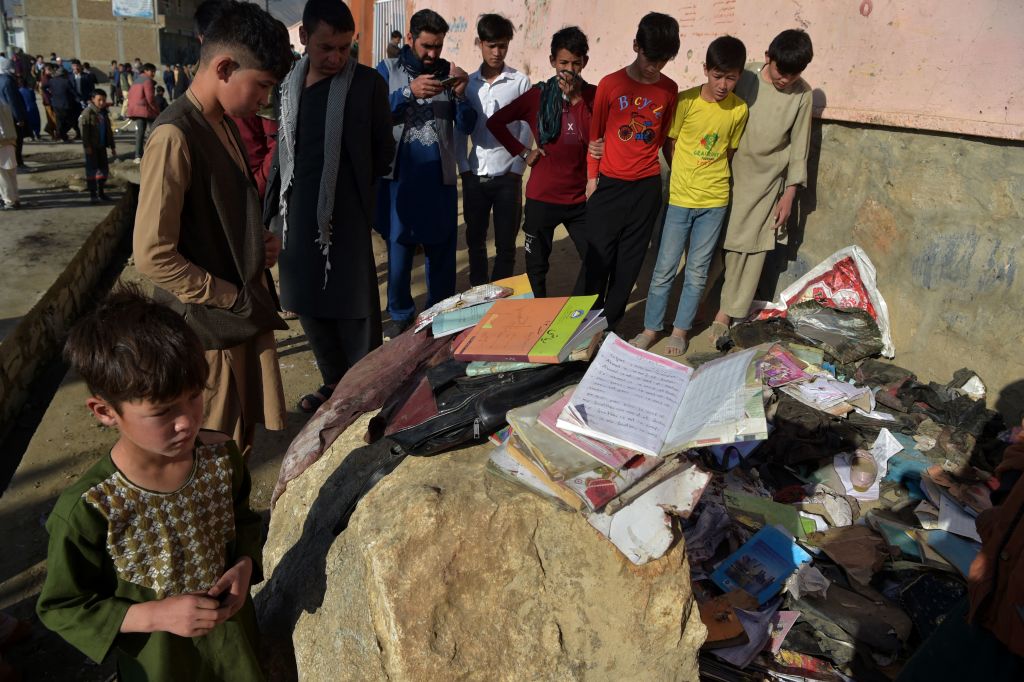 Bombing at girls' school in Kabul kills at least 50, including students
Bombing at girls' school in Kabul kills at least 50, including studentsSpeed Read
-
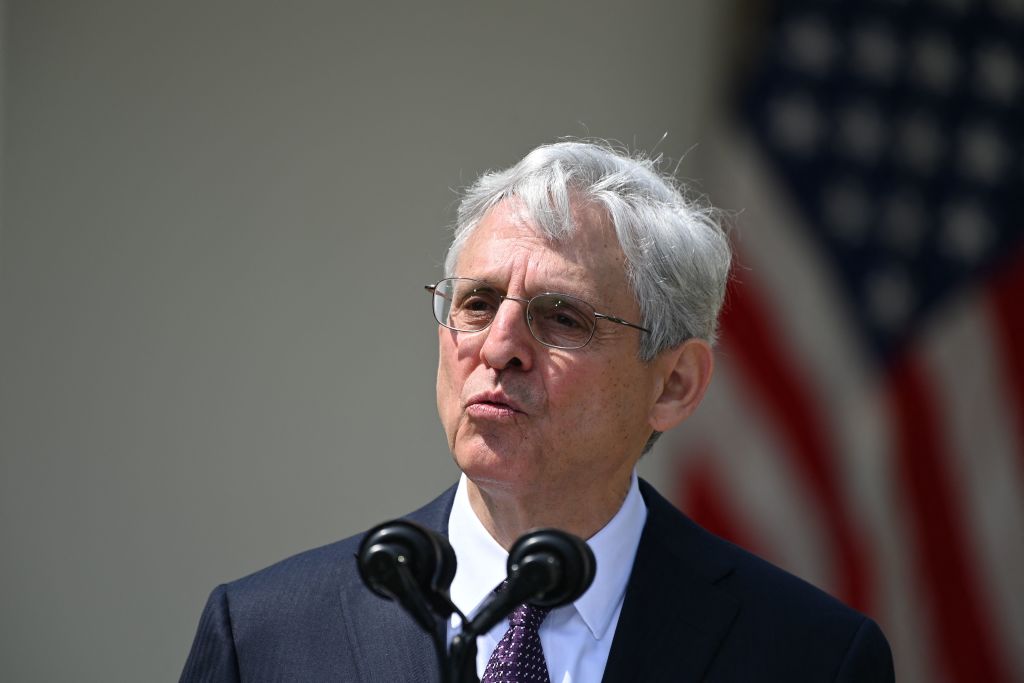 Garland says DOJ is 'pouring its resources' into stopping domestic terrorists 'before they can attack'
Garland says DOJ is 'pouring its resources' into stopping domestic terrorists 'before they can attack'Speed Read
-
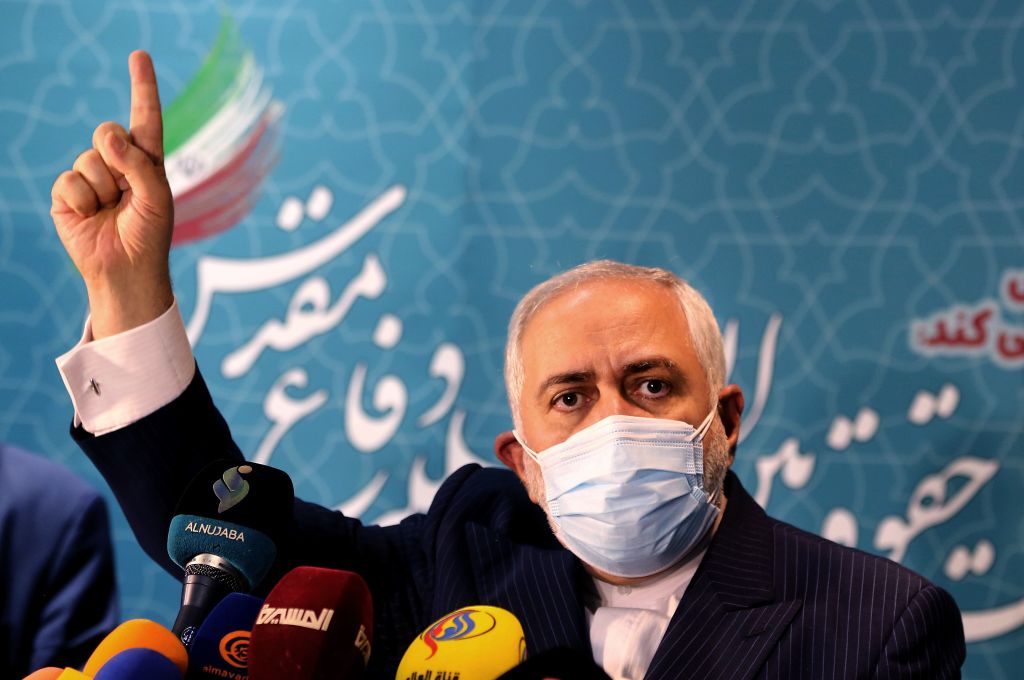 Suspected Israeli cyberattack on Iranian nuclear site complicates U.S.-Iran nuclear deal talks
Suspected Israeli cyberattack on Iranian nuclear site complicates U.S.-Iran nuclear deal talksSpeed Read
-
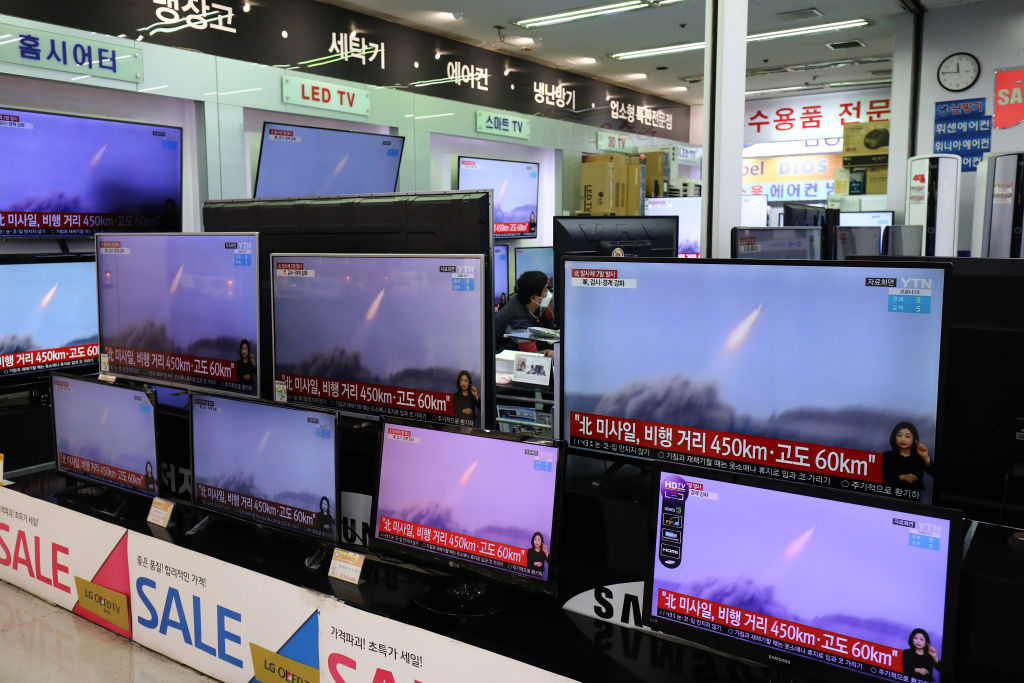 North Korea fires 2 ballistic missiles into sea
North Korea fires 2 ballistic missiles into seaSpeed Read
-
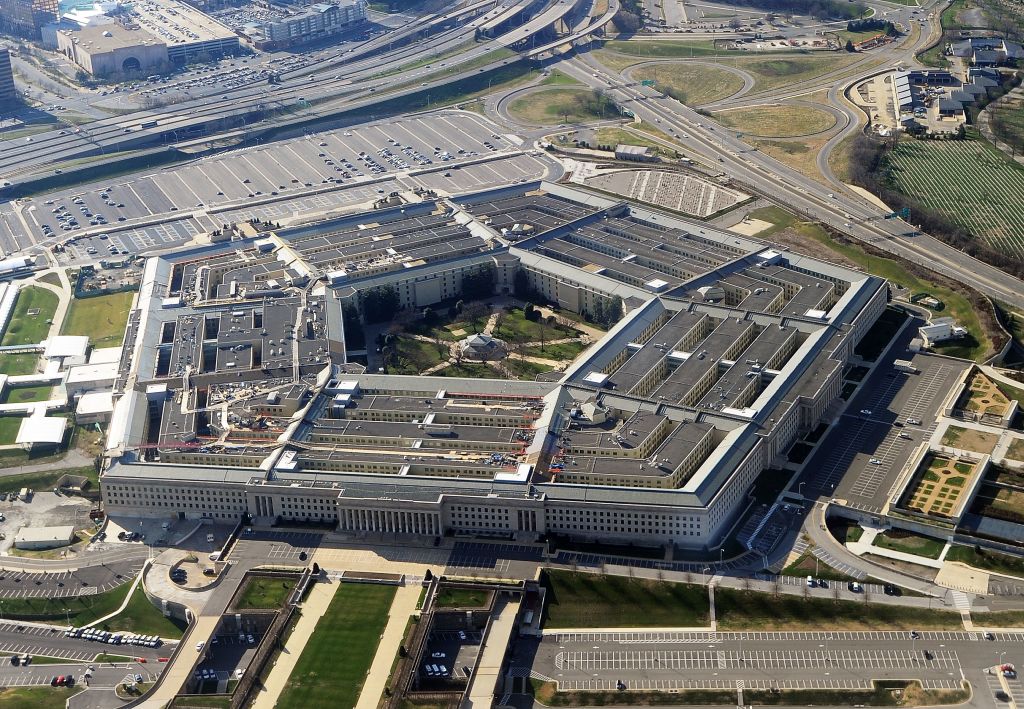 U.S. airstrikes target Iranian-backed militia facilities in Syria
U.S. airstrikes target Iranian-backed militia facilities in SyriaSpeed Read
-
 Rochester police who killed Daniel Prude during mental health crisis won't face charges
Rochester police who killed Daniel Prude during mental health crisis won't face chargesSpeed Read
-
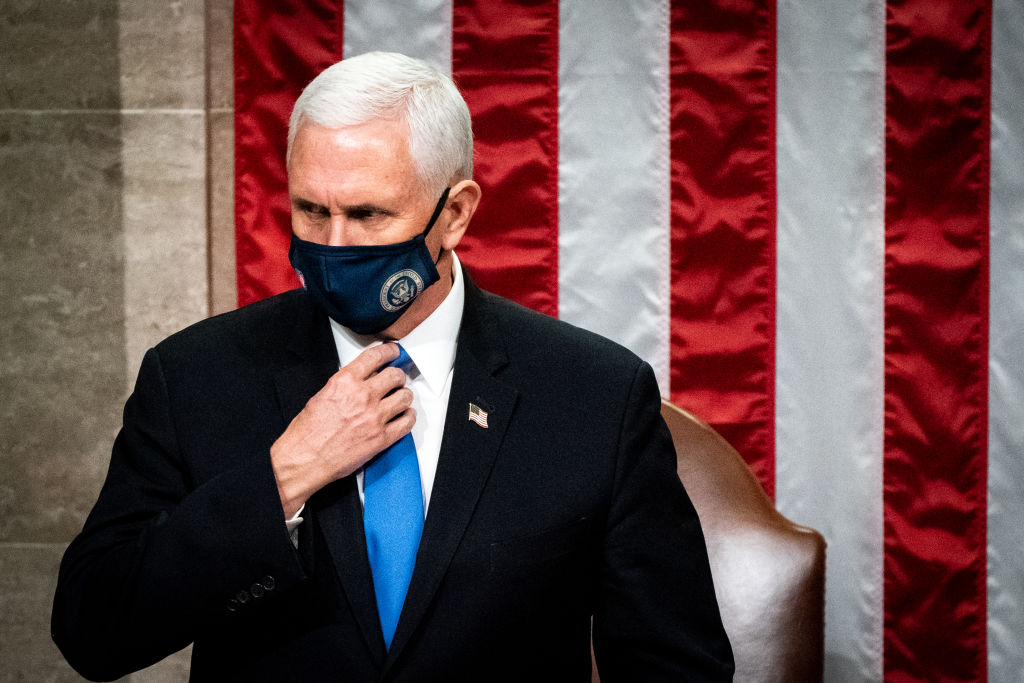 Mike Pence's 'nuclear football' was also apparently at risk during the Capitol siege
Mike Pence's 'nuclear football' was also apparently at risk during the Capitol siegeSpeed Read
-
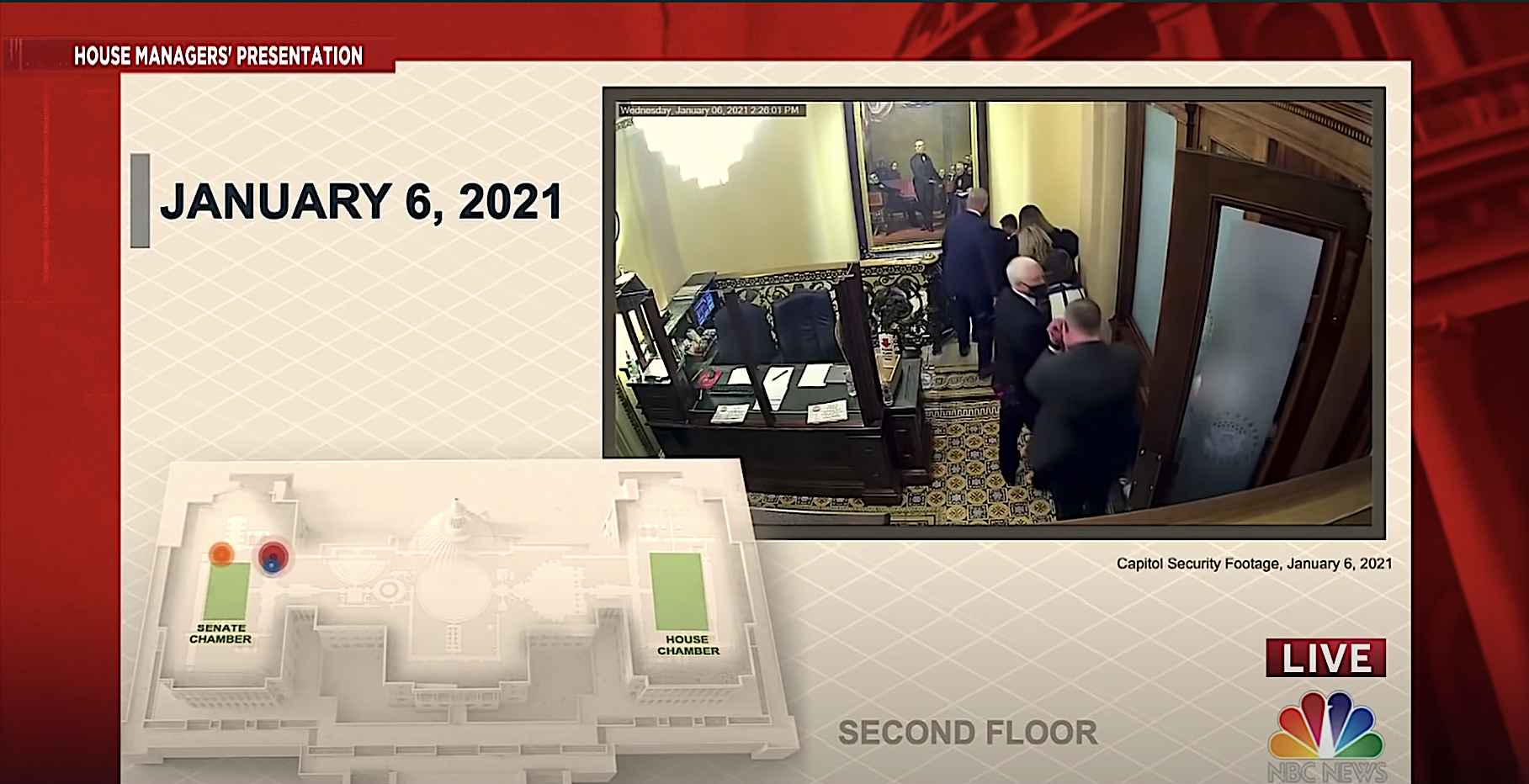 Trump publicly attacked Pence during the Capitol riot knowing Pence was in trouble, GOP senator suggests
Trump publicly attacked Pence during the Capitol riot knowing Pence was in trouble, GOP senator suggestsSpeed Read
